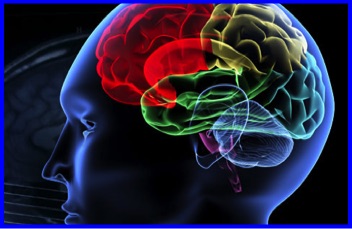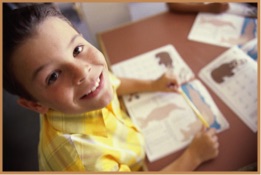
Neuropsychological
Evaluations

The neuropsychologist interprets all of the data and the pattern of results, considering the individual’s unique context (such as developmental stage, personal and medical history). This information is then incorporated into a comprehensive report that details individual strengths and weaknesses, diagnostic information when appropriate, and tailored recommendations. In most cases, a feedback appointment is scheduled after the evaluation to review the findings and recommendations in detail.
Neuropsychological evaluations can document changes after a head injury (traumatic brain injury), determine if there is evidence for dementia and potentially identify the type of dementia, and evaluate for cognitive changes related to a host of other conditions (epilepsy, stroke, multiple sclerosis). Neuropsychological evaluations typically last for much
Neuropsychology is a specialty area within Clinical Psychology
that focuses on brain-behavior relationships. There are many reasons for a neuropsychological evaluation. These detailed evaluations provide information about individual cognitive areas such as memory, language, visual-spatial abilities, attention, executive functions, and more.
of the day, with breaks offered throughout. In some cases, testing might take place over more than one day, depending on the nature of the referral.
We also offer briefer neurocognitive screenings. These are a cost effective option when a more extensive assessment is not required. The screeners can also be used for follow-up purposes to track functioning over time. Because screeners are narrow in scope, there are limitations to consider. We are happy to help you decide what is best for your situation.

Neuropsychological evaluations can be valuable in the diagnosis of more complicated learning disorders. A neuropsychologist may look at a broader range of skills than is typical for a regular clinical or school evaluation. These assessments may include tests of intelligence, academic skills, attention and concentration, learning and memory, processing speed, visual spatial perception, language skills, visual motor and fine motor skills, sensory perception, executive functioning (such as planning, organization, initiating and inhibiting behaviors) and emotional functioning.


